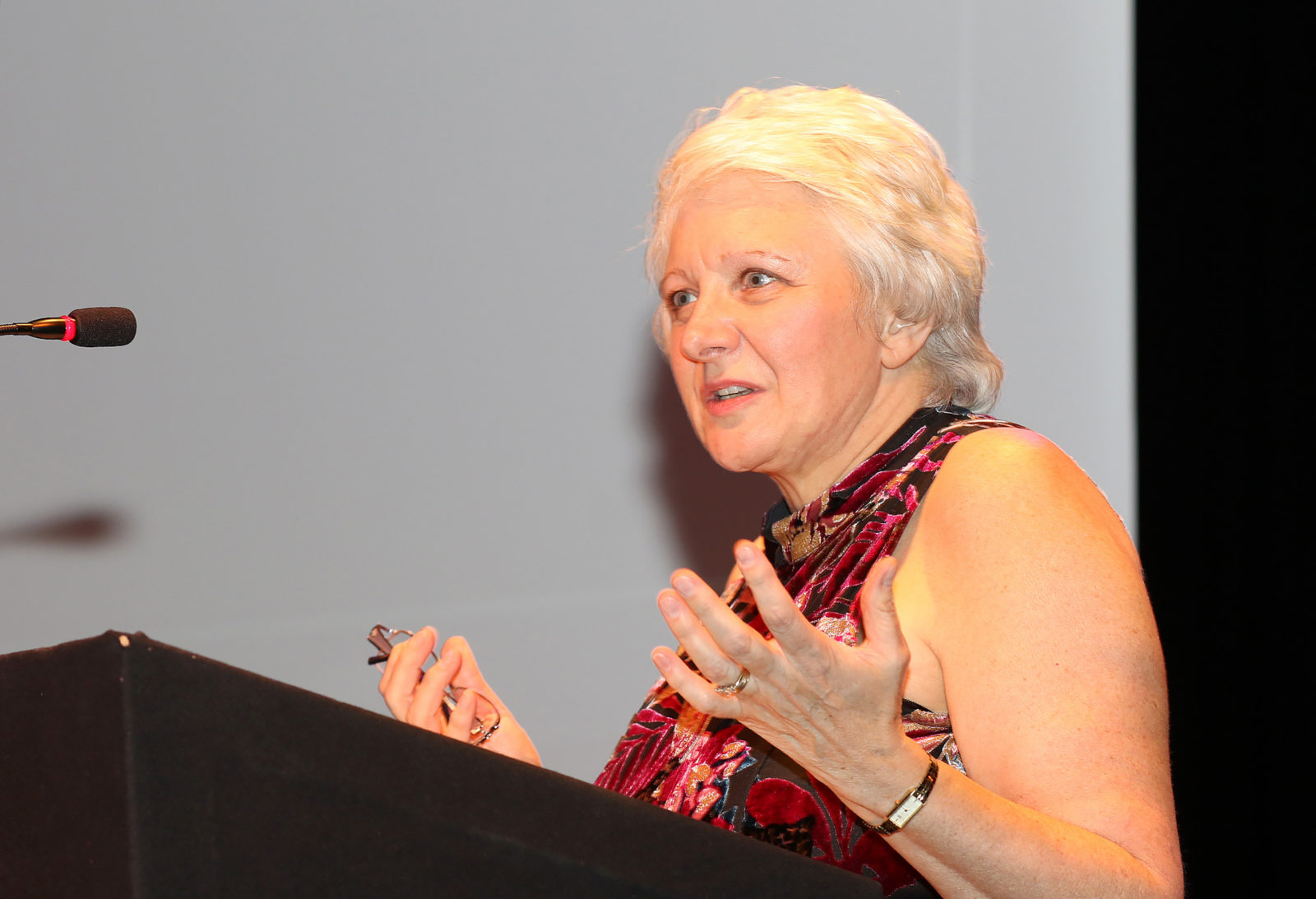The Welsh Government has been warned that some businesses across Wales could be forced to close as an unintended consequence of proposed radical new taxation rules which are planned to be introduced next year.
MWT Cymru, which represents more than 600 tourism and hospitality businesses across Powys, Ceredigion and Southern Snowdonia, has surveyed self-catering businesses across Wales to discover how they will be impacted by proposed taxation rules, which are linked to the ownership of second homes.
From April next year, Welsh county councils will be given the power to increase council tax on second homes to 300%. In addition, the Welsh Government is making the rules a lot stricter on self-catering accommodation qualifying for business rates rather than council tax.
Currently, self-catering properties in Wales must be available to let for a minimum of 140 days in any 12-month period, and actually let for at least 70 days to qualify for business rates rather than council tax.
Under the propose new rules, properties must be available to let for at least 252 days and actually let for at least 182 days to qualify for business rates.
MWT Cymru received 137 responses to its survey, with 66% of businesses saying they would be unable to meet the new rule of letting their properties for 182 days due to the short tourism season in Wales.
Several businesses said they would be forced to consider closing as they could not afford to pay 300% council tax if their local authority decides to impose that rule.
Val Hawkins, MWT Cymru’s chief executive, is calling on the Welsh Government to reconsider the radical taxation rules and she wants holiday let businesses to lobby councillors and Members of the Senedd on the issue.
She believes the new rules on holiday lets will disproportionately impact businesses in rural Wales, particularly farmers who have diversified into tourism. She fears that all rural businesses, such as shops and pubs, will suffer the knock on effect if holiday let businesses close.
She warned that if holiday let properties are sold, they will not necessarily boost the housing stock for local people for a variety of reasons, including being too expensive, having commercial conditions attached or being too large, small or remote.
Mrs Hawkins says the severity of the new taxation rules has caught the tourism industry by complete surprise and self-catering accommodation might be the unintended victim of a clamp down on second home ownership in Wales.
“From the responses to our survey, we know that many businesses would have to consider closing if the new taxation rules are introduced,” she said. “We hope the Welsh Government has already modelled that into their economic impact assessment.
“There is deep concern about the proposed taxation rules from all types of holiday let businesses, from single to multiple let units. We fear that these rules will discourage new entrants from coming into the sector.
“They will be unable to register for business rates until they have made their property available for at least 252 days and actually let it for at least 182 days. Then, there’s a possibility they could end up paying triple council tax at the end of the year if they fail to meet the threshold.
“These new taxation rules will put pressure on the tourism economy at a time when local communities across Wales are struggling to recover from the impact of the pandemic and the increased cost of living crisis. The last thing we need is a reduction in the contribution that tourism businesses make to these communities.
“The holiday let sector is being swept away with the rhetoric of second home ownership without any serious consideration being given to how the new taxation rules are going to impact communities in real terms.
“We are urging the Welsh Government to urgently reconsider the threshold for letting holiday accommodation which is completely out of step with other parts of the UK.
“It will be at the discretion of individual local authorities across Wales whether or not they impose the proposed new taxation rules. Surely, these local authorities don’t want to reduce tourism in their local economy as an unintended consequence of these rules?
“The importance of the tourism sector to the Welsh economy, particularly in rural areas, cannot be overstated in terms of jobs supported and investment.”








Leave a Reply
View Comments